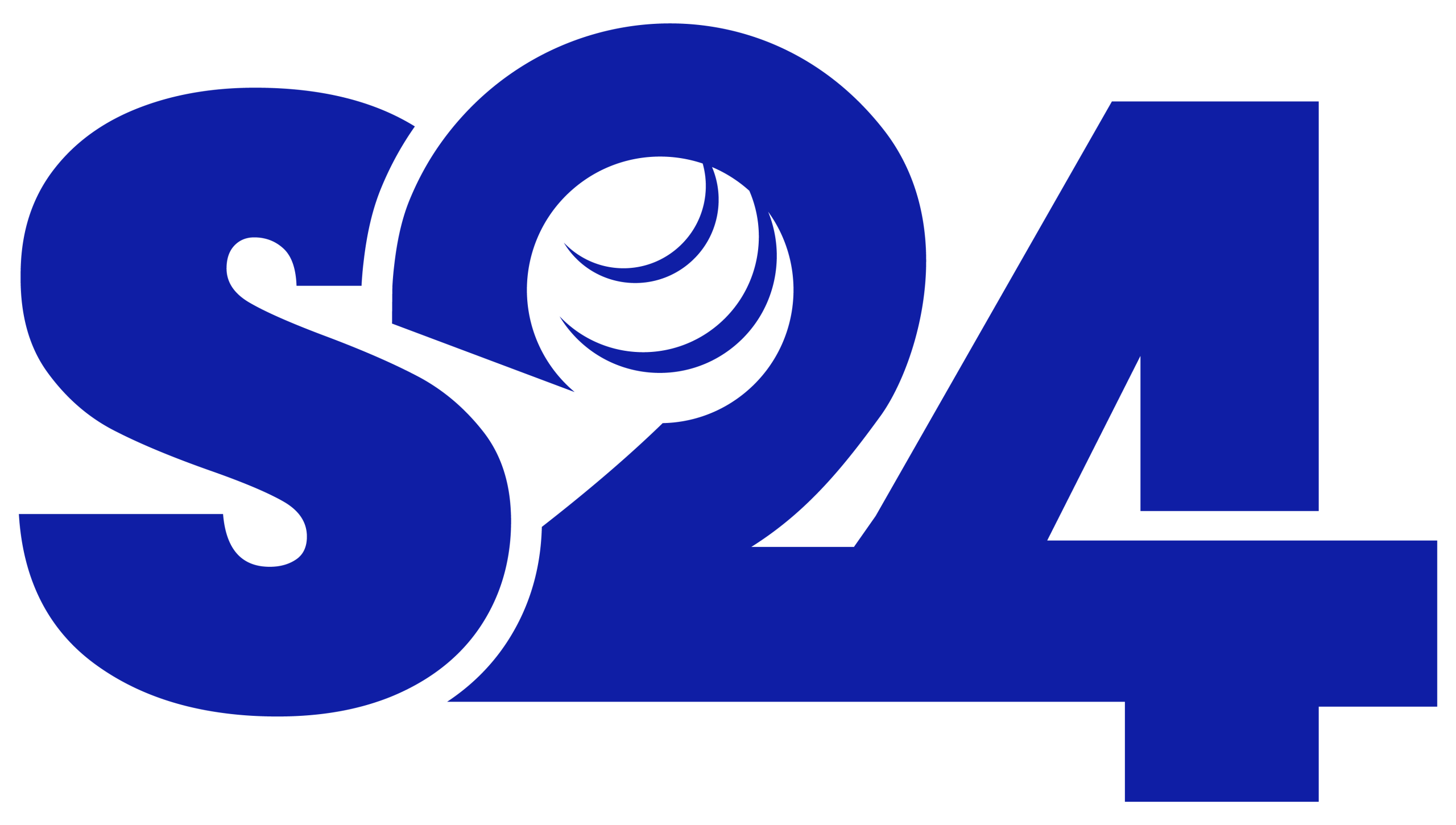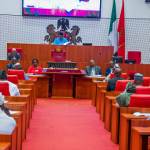Small and Medium Enterprises (SMEs) in Lagos are struggling to expand due to limited access to affordable credit. Despite contributing nearly 50% of Nigeria’s GDP, many SMEs remain constrained by high-interest loans and strict banking requirements.
Entrepreneurs in the tech, fashion, and hospitality sectors say commercial bank loans with interest rates above 25% make borrowing nearly impossible. ‘The banks ask for collateral we don’t have,’ laments Kunle Adeyemi, who runs a small logistics startup in Ikeja. ‘How do we grow if financing is out of reach?’
The Bank of Industry (BoI) and other state-backed programs have tried to fill the gap by offering single-digit interest loans. However, red tape and bureaucratic delays hinder disbursement. Analysts also point to corruption and favoritism in the allocation of credit facilities.
Experts argue that Nigeria must strengthen policies supporting SMEs if it hopes to diversify the economy away from oil. Creating a more transparent lending system, expanding fintech-driven microloans, and reducing collateral requirements could unlock the true potential of SMEs. Until then, Lagos entrepreneurs remain caught between innovation and financial barriers.








